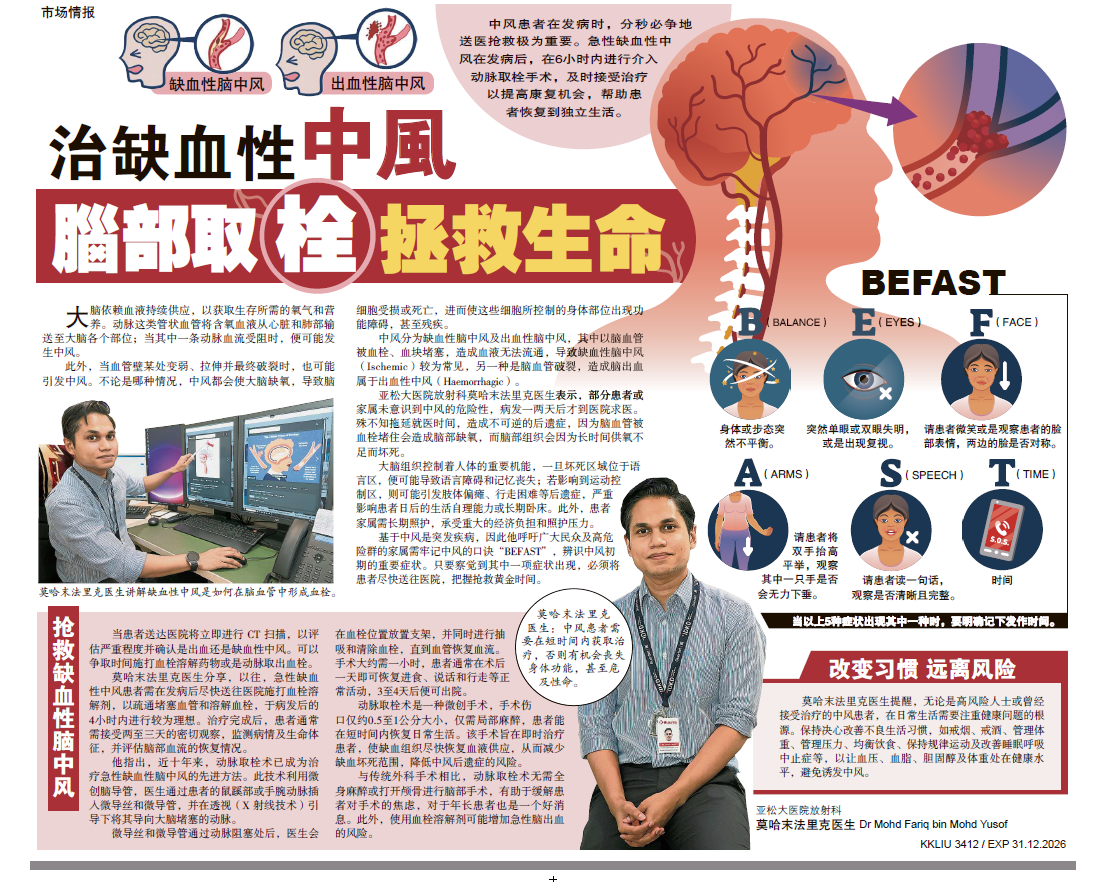Choose Wisely to Positively Impact Baby’s Health
Before a mother gets pregnant, she should take care of her nutritional status. Good nutritional status determines whether the fetus reaches to term or otherwise. Nutritional status includes pre-pregnancy, diet, lifestyle and biochemical incides such as haemoglobin.
Many moms-to-be might think that being pregnant grants them the privilege of “Eating for Two”. It is true that pregnancy is an anabolic state, which means the body build or repairs tissues for fetus growth, resulting in increased energy and nutrient needs. To ensure a mother is eating well, appropriate weight gain, appetite and the quality of the overall diet are better indicators of energy and nutrients sufficiency than just the amount of kilocalories consumed.
So, eating for two does not mean eating more, but means eating better! Your diet during the nine months impacts your baby’s health directly and progresses well into his/her adulthood.
Think beyond calories to give baby a healthy start!
A nutritious, well-balanced eating plan can be one of the greatest gifts you give to your developing baby. No matter how many weeks are left on your countdown calendar, it is never too late to start! Good pregnancy nutrition that emphasizes wholegrains, fruits, vegetables, lean protein, daily products and healthy fats is essential to a healthy baby.
Let’s zoom in to focus on several key nutrients that are important for pregnancy: protein, calcium, iron and folate.
What nutrient should I look out for?
1. Protein
It is important to get enough protein throughout your pregnancy, especially during the second and third trimesters when baby is growing the fastest. The most practical way to eat enough protein is to ensure all your three main meals contain a serving of protein. Top these up with extra protein as a snack during tea time or before bedtime. Besides meat and fish, it is advisable to also include beans, nuts, peas, eggs, dairy (milk, cheese and yogurt) or soy products (tofu, tempeh) in your dairy meals. A variety of protein sources ensures you get all the amino acids you need.
2. Calcium
Calcium is essential for the healthy development of baby’s teeth, bones, nerves, muscles and heart. A lack of calcium may cause your baby to draw this nutrient from your bones, placing you at risk of osteoporosis later in life. The recommended amount of calcium during pregnancy is 1,000 milligrams per day. This can be achieved by having at least three servings of calcium-rich foods such as low-fat or fat-free milk, yogurt, cheese or calcium-fortified plant-based beverages such as almond milk or soybean milk.
Do also include dark green leafy vegetables (kailan, bok choy and broccoli), tofu, baked beans and fish with edible bones (canned sardines, anchovies) to give your little one and you a varied calcium-rich diet.
3. Iron
During pregnancy, maternal blood volume Increases by 30-50% to provide adequate nourishment and supply oxygen to the baby. While maternal Iron deficiency is the most common nutritional deficiency during pregnancy, pregnant women should have an adequate dally intake of iron to prevent anaemia.
Foods with high and moderate amounts of iron Include lean red meat, chicken, fish, eggs, iron-fortified cereals, spinach, legumes, nuts and dried fruits. To make the most of the iron you eat, combine them with a source of Vitamin C (citrus fruits, guava, strawberries, kiwi, bell peppers and tomatoes) to improve iron absorption in your body. For example, try cereals with strawberries, or orange juice with a meal.
4. Folate
Adequate folate reduces the risk of birth defects of the spinal cord (neural tube defects). A daily folate requirement of 600 micrograms can be easily achieved if you eat a varied and balanced diet. Natural food sources of folate include legumes, green leafy vegetables and citrus fruits. Many foods are also fortified with folate such as cereals, pastas and bread, which often form the major part of a healthful diet.
SAY NO TO ALCOHOL AND CIGARETTES
Smoking, chewing tobacco and drinking alcohol are harmful to your baby. Alcohol can cause baby to suffer from irreversible mental and physical retardation. He or she may grow up to have behavioural problems, learning disabilities, an attention deficit, hyperactivity and aggressive behaviour. Smoking during pregnancy restricts blood supply to the growing baby, increasing the risk of pre-term delivery and mental retardation.
The 40 weeks of pregnancy are a magical time in your life. Adhering to a healthy lifestyle throughout pregnancy, as well as before and after, is key for both mother and baby. A balanced diet, gaining the right amount of weight and avoiding alcohol, tobacco and other harmful substances are vital to optimise pregnancy outcomes.
References:
- Nutrition Society of Malaysia
- Academy of Nutrition and Dietetics
- American Pregnancy Association
- American Academy of Paediatrics











